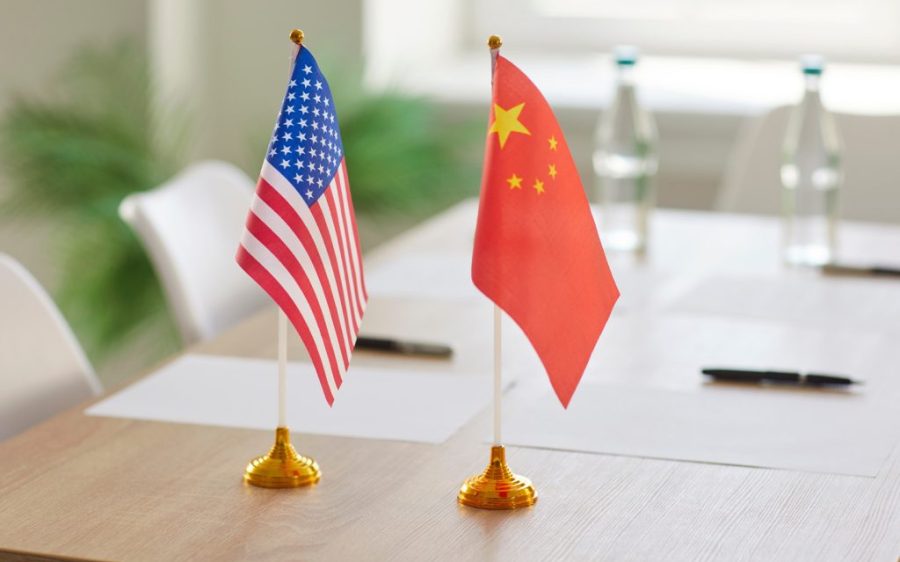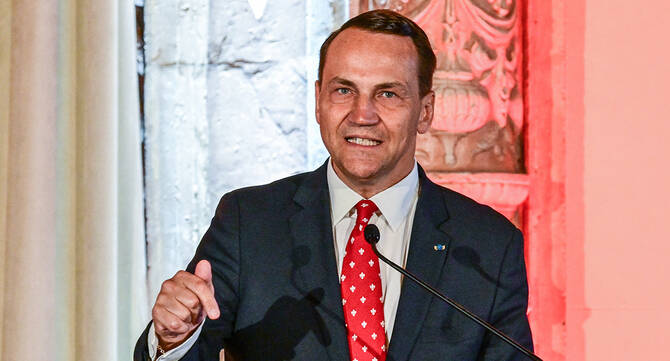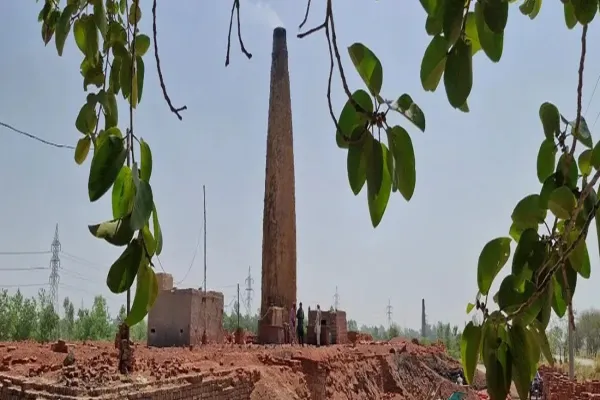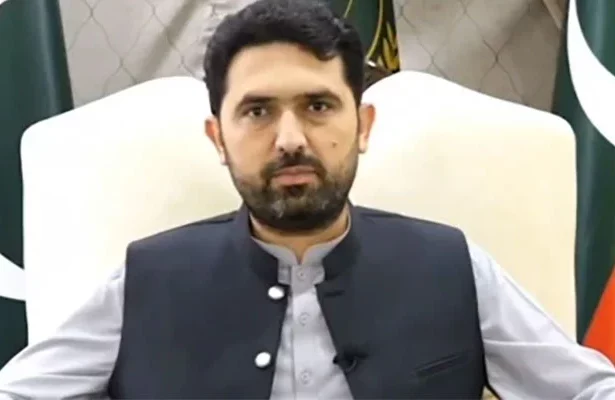ISLAMABAD: Shehbaz Sharif said that he expected Kabul to come forward to take a step towards a peace deal amid escalating tension on the border. However, the peace has been sustained on the border, and no country has violated the ceasefire agreement. Uncertainty at the border persists despite peace: As per reports, no country has …
Pakistan Calls on Taliban to Act Against TTP Amid Hopes for Lasting Stability

ISLAMABAD: Shehbaz Sharif said that he expected Kabul to come forward to take a step towards a peace deal amid escalating tension on the border. However, the peace has been sustained on the border, and no country has violated the ceasefire agreement.
Uncertainty at the border persists despite peace:
As per reports, no country has violated the ceasefire deal on the border on Thursday. Both countries are now struggling to avoid any future conflict. While talking at a cabinet meeting, Shehbaz Sharif said that he wants Kabul to take a step towards negotiation with the Afghan Taliban so that peace persists on the border.
Shehbaz Sharif stated, “The ball is in their court.” He, however, stated that the Taliban had requested a 48-hour ceasefire earlier in the week.
Pakistan’s expectations from Kabul:
Shehbaz Sharif emphasised that Pakistan had agreed to the temporary ceasefire in good faith and expects the Taliban to show the same sincerity. He said, “If they fulfil our justified conditions through talks, we are ready.”
He stressed the need for a long-term solution, particularly the elimination of the banned Tehreek-i-Taliban Pakistan (TTP), which continues to launch attacks on Pakistan from Afghan soil.
He warned and said, “Terrorists must no longer use Afghan territory. Pakistan would not accept a ceasefire just to buy time.”
Shehbaz also noted that Pakistani officials had visited Kabul several times for peaceful discussions, but the efforts failed as the Taliban government did not act against the militants.
He accused India of exploiting the situation, saying, “When the attack on Pakistan was ongoing on India’s incitement, their Foreign Minister was in New Delhi, we had no option but to respond comprehensively.”
Qatar’s role in mediation:
Qatar has played an influential and significant role in reducing the escalating tension between Pakistan and Afghanistan. Shehbaz shared that the Qatari Emir condemned the recent clashes and expressed his desire to help both countries move toward peace.
Qatar’s Minister of State for Foreign Affairs, Dr Abdulaziz Al-Khulaifi, also reached out to Deputy Prime Minister Ishaq Dar. He appreciated Pakistan’s “constructive engagement” in promoting regional stability.
Reports indicate that Qatar invited both sides for potential peace talks in Doha, although there has been no official confirmation so far.
Uncertainty surrounds the proposed Doha meeting between Pakistan and Afghanistan. Diplomatic insiders suggest that internal deliberations within the Taliban’s leadership are delaying confirmation.
Sources in Kabul said that Taliban supreme leader Mullah Haibatullah Akhundzada was initially hesitant but has now allowed Defence Minister Mullah Yaqub to represent the Taliban if talks proceed.
A senior Pakistani diplomat commented anonymously, “I wouldn’t be surprised if the talks take place. The situation is fluid but not off the table.”
Regional powers urge restraint:
Regional allies have stepped in to cool tensions. Both China and Iran called for restraint and a diplomatic resolution to the crisis.
A Chinese Foreign Ministry spokesperson said that Beijing supports both countries in exercising patience and achieving a “full and lasting ceasefire.”
The statement read, “Pakistan and Afghanistan are both China’s friends. We support dialogue and cooperation to maintain peace and stability in the region.”
Iran also welcomed the ceasefire. It called for stronger regional coordination against terrorism. Iranian Foreign Ministry spokesman Esmaeil Baqaei expressed concern over civilian casualties and reaffirmed Tehran’s readiness to assist in de-escalation efforts.
Iran’s President Masoud Pezeshkian went a step further, urging unity among Muslim nations and warning that “enemies seek to create discord” to weaken the region. Pezeshkian said, “The region needs peace, cohesion, and cooperation more than ever,”.
UN calls for lasting peace:
The United Nations Assistance Mission in Afghanistan (UNAMA) also issued a statement urging both sides to end hostilities permanently and protect civilian lives.
UNAMA reminded both governments of their obligations under international law to prevent further civilian suffering and called for renewed diplomatic engagement.











